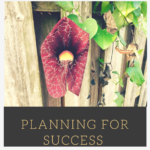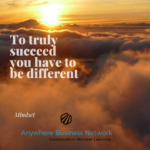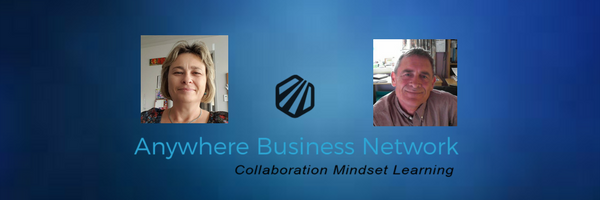Is busyness affecting your health and wellbeing?
No matter what you do for a living, you need to feel that you have been productive. I know what its like to feel like you have had a busy day but cant think what you have achieved. It feels like you were just reacting to things rather than planning to do them. This is not productive it is reactive. Under these circumstances it is very easy to drift along and feel as though you must be successful because you are so busy. Busy does not mean success. In fact in most cases it is simply a reflection that you are just surviving.
I am sure some of you will be able to say that you are financially successful and so this cannot be true. But, what is this business doing to your health and well being? If you are exhausted, stressed and tired then the answer is yes. Is this what you want in your life? If its not then you might want to think about changing the way you approach your day from a reactive one to one where you plan what you are going to do. This might not sound simple when you can see all the work that needs to be done but if you take this time you will gain the time back in your business and in your life because you will have better health and well being. Have you considered what the stress of a busy job does for your relationships with others? Maybe you are not being the kind of partner, friend or parent you want to be because you are tired and stressed.
Its time to take back the power and make a few small changes that could change your outlook on your business and your life. Try these planning tools. Give yourself 21 days to really make a change.
3 planning tips to set you up for a productive day
 1. Top 3 tasks
1. Top 3 tasks
Every morning, make a list of the top 3 things you want to achieve that day. You may have a bigger “to do list” and that’s good but you need to prioritise them. Select 1 big one and 2 small easy ones. Ideally the 2 smaller ones can be knocked off in one day. With the big one you will need to have several sub goal because it is so big. See my blog to help with this. It is important to set yourself up to have a good day and feel you have achieved something. If you don’t plan to achieve anything you will constantly feel like you never achieve anything. Logical right? So many people just get up and look at all the tasks and try to get as much done as they can. Stop doing this. You need to see progress.
For me the small tasks are things like – get out todays orders or get out 10 orders in 2 hours or spend 2 hours answering emails. If you just sit at your computer an answer all your emails or fill every order you may never get to anything else. You may need to set up an auto email response to say you aim to answer all emails within 2 working days. You may need a similar one for orders that state when an order will be filled. If you can do better than your stated response time you will and this will make the customer happy but they knew not to expect anything else.
 2. 50/10 rule
2. 50/10 rule
Work on one important task for 50 minutes and then take a 10 minute break. Refocus, start a fresh and get back to your to-do list (see point 1). During this 10 minute break I recommend:
- you don’t just have coffee during this break. Do something physical like stretching or go for a quick walk around the house or garden.
- you make sure you have plenty of water to sip on during the day and reduce your coffee in take to 2-3 cups a day.

-
Use a diary
You might use a paper diary or a digital diary but if you don’t use it well you will not feel you are on top of things. I use google calendar on my phone and this syncs with my online calendar in google. When I first started using my digital diary I also used a paper diary as I like to see things on paper. It might take you a while to let go of your paper diary too. Find something that works for you. The thing I found hardest was talking to clients and booking the appointment at the same time. I eventually found a way to fix that. What I did was to have an online booking system with set times I was available. This sent them a reminder too which helped with no shows. There are lots of online booking systems and the free ones don’t have reminders. I found it was worth paying for it.
You can invite clients to an appointment on google calendar and hope it ends up in their calendar. That’s free. This relies on you to take the booking and set it up. If you pay for a system you put in your time slots and clients choose a time. This saves heaps of time if you are looking for time savings.
In summary, don’t let your day rule you. A bit of planning and good work habits will turn busyness into productiveness and ultimately better health and well being.













